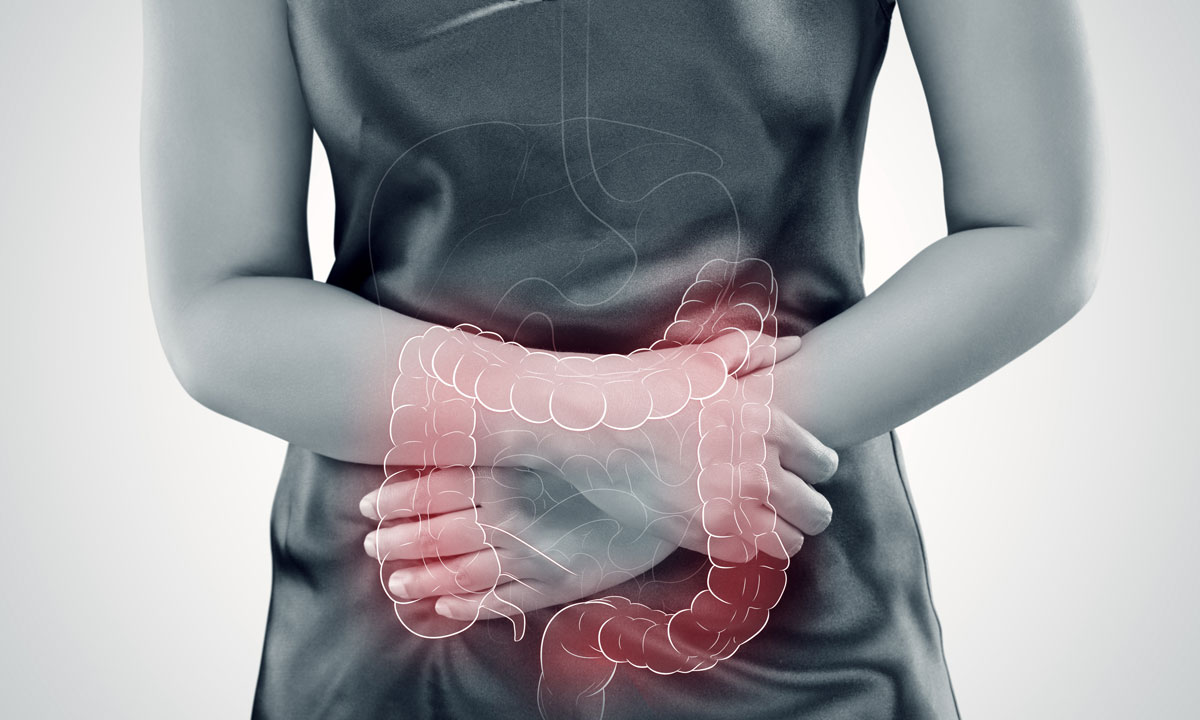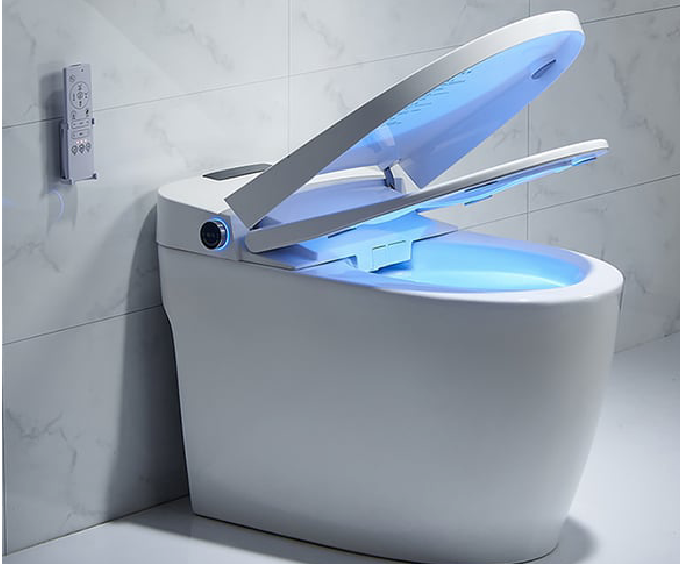Roughly up to 15% of the population suffers with it. Women are effected more than men – both both genders suffer from Irritable Bowel Syndrome
Irritable Bowel Syndrome (IBS) can interfere with someone’s ability to enjoy family meals and get-togethers with friends. It can affect their ability to be the parent or partner that one would like to be, or to fulfill commitments. This can lead to feelings of guilt and self-blame, as well as stress. Roughly 15% of the population is struck by IBS with more women than men dealing symptoms. Can marijuana help treat symptoms of Irritable Bowel disease, well, data gives hope!
A study looking into the effects of marijuana on irritable bowel disease (IBD) has revealed some good news, patients who took marijuana experienced fewer symptoms of IBD than those who didn’t.
IBD encapsulates two conditions: Crohn’s disease and ulcerative colitis. About three million adults are diagnosed in the US, with symptoms ranging from mild to severe.

The study was published in the Journal of Clinical Gastroenterology and examined patients with IBD and their history with marijuana. Researchers conducted an anonymous survey on patients with IBD who were over the age of 18 and made medical marijuana purchases on dispensaries in New York or Minnesota.
Survey questions ranged from the patients’ IBD symptoms to their medical marijuana habits, including their purchase history and adverse side effects.
RELATED: What Are The Benefits Of Using Cannabis For Digestive Disorders?
The results were mostly positive, with the majority of IBD cases ranging from mild to moderate, with the median frequency of medical marijuana use being about once a week. Most patients preferred to vape marijuana, mainly with high amounts of THC.
The study concluded medical marijuana users experienced decreased IBD symptoms and fewer visits to the emergency room. Medical marijuana appeared to have a positive impact on patients’ lives, lessening their everyday IBD symptoms.
RELATED: Using Cannabis To Treat Inflammatory Bowel Disease
In terms of side effects, the majority of respondents reported feeling euphoric (75.4%) after using marijuana, with only a small minority feeling negative effects such as drowsiness (4.2%), dry mouth/eyes (3.4%), and anxiety, depression, and paranoia (3.4%).
More studies are needed to paint a clearer picture of marijuana’s effect on IBD. For now, it appears like there’s an existing connection, showing marijuana can have a positive impact on patients struggling with IBD.
According to the CDC, IBD is a generalized GI tract condition; it can target any part of the digestive system, from the mouth to the intestines. The fact medical marijuana can have a positive impact is good news, and should be studied further.


